Member Directory,
1847 - 1922
William Church Osborn
Lawyer
Centurion, 1896–1951
Joseph H. Choate and Charles Coolidge Haight
Chicago, Illinois
New York (Manhattan), New York
Age thirty-three
Garrison, New York

Archivist’s Notes
Son of William H. Osborn; brother of Henry Fairfield Osborn; grandson of Jonathan Sturges; father of Earl D. Osborn, Frederick Henry Osborn, and William Henry Osborn; uncle of A. Perry Osborn and Fairfield Osborn
Century Memorial
Mr. Osborn’s contemporaries called him Will; but he lived a long time, and finally everybody except his descendants called him Mr. Osborn. He was very tall, and lean, and had a pleasant, resonant voice. He lived at Garrison; and he remarked, once, that the railroad station there was fairly littered up at train-time with giants belonging to the Fish and Osborn families.
He graduated from Princeton in 1883, and from the Harvard Law School in 1889. In 1942 Princeton gave him an LL.D. His considerable achievements as a lawyer were eclipsed by the importance of his services as a public figure. He was always a Democrat, and from 1914 to 1916 he was chairman of the Democratic State Committee. He was the ally and friend of A1 Smith. In 1936, like many other responsible citizens, he was completely disgusted with the waste and boondoggling of the Administration [of Franklin D. Roosevelt], and in August he announced privately that he would vote Republican. Thereafter, however, he went to Bar Harbor for some weeks, and there he was so revolted by the smug complacency of the rich that he just couldn’t do it.
He had a compelling sense of responsibility to the community, and this was tempered by hard common-sense and kindly humor. He was a member of the Board of the Metropolitan Museum for forty-five years, and he was a director of the Children’s Aid Society for sixty years. These were his paramount interests: and the amount of harm that he prevented ill-advised enthusiasts from doing in these fields is incalculable. He saw the great city’s crop of children as the most important thing in the world; and for them he won vital services in crowded neighborhoods where small feet sound the quick-step of the future.
He was a disciplined and tolerant person of complete integrity. Looking backward, it seems as though his stand on controversial public questions was always right—though not always adopted. Of course to be right is not enough; but for the truth as he saw it he fought a good fight.
His friends loved him. His opponents respected him. He had the qualities of John Hampden. He was at peace with himself.
George W. Martin
1951/1952 Century Association Yearbook
Related Members
Member Directory Home-
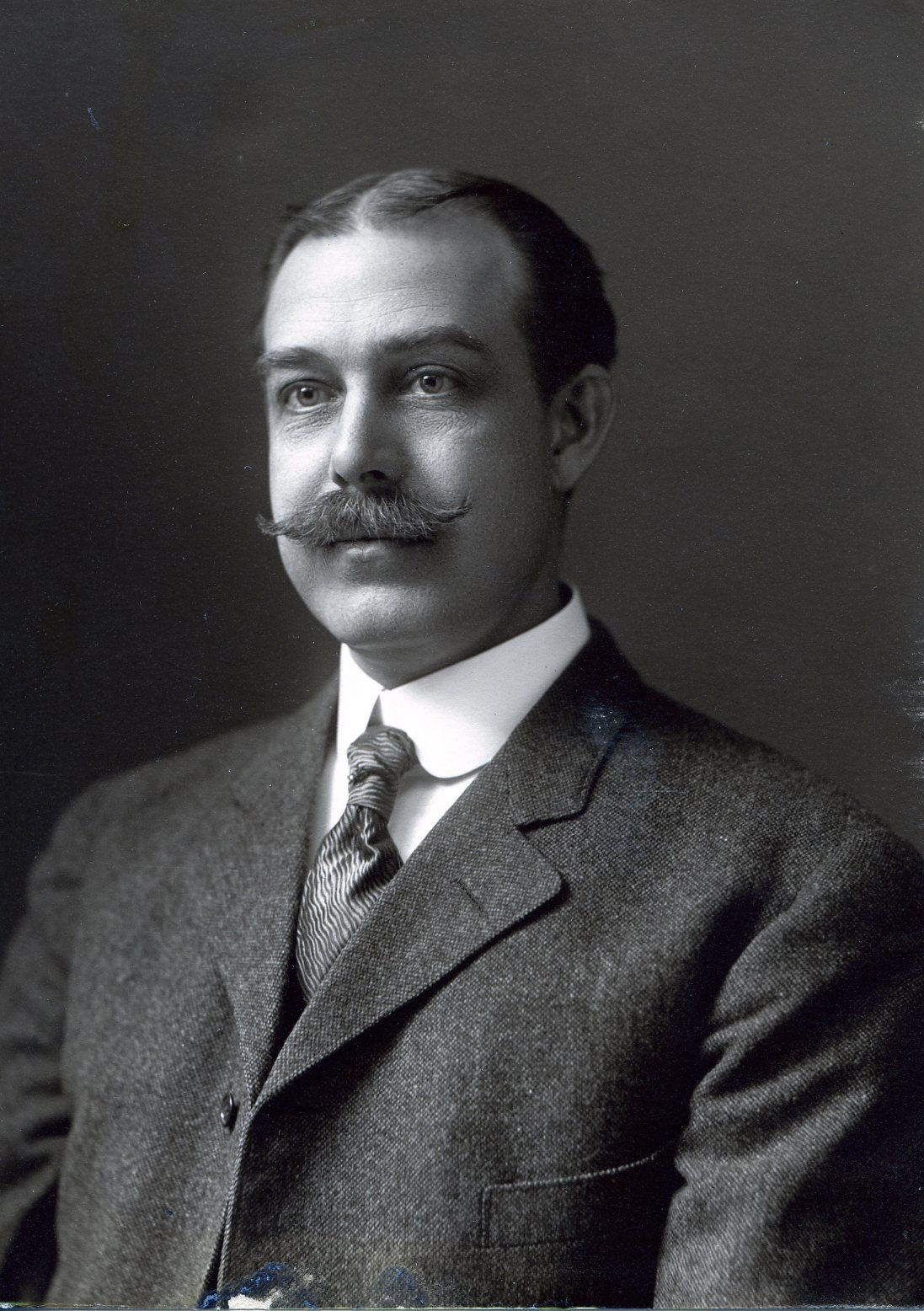 Theodore A. BinghamEngineerCenturion, 1913–1934
Theodore A. BinghamEngineerCenturion, 1913–1934 -
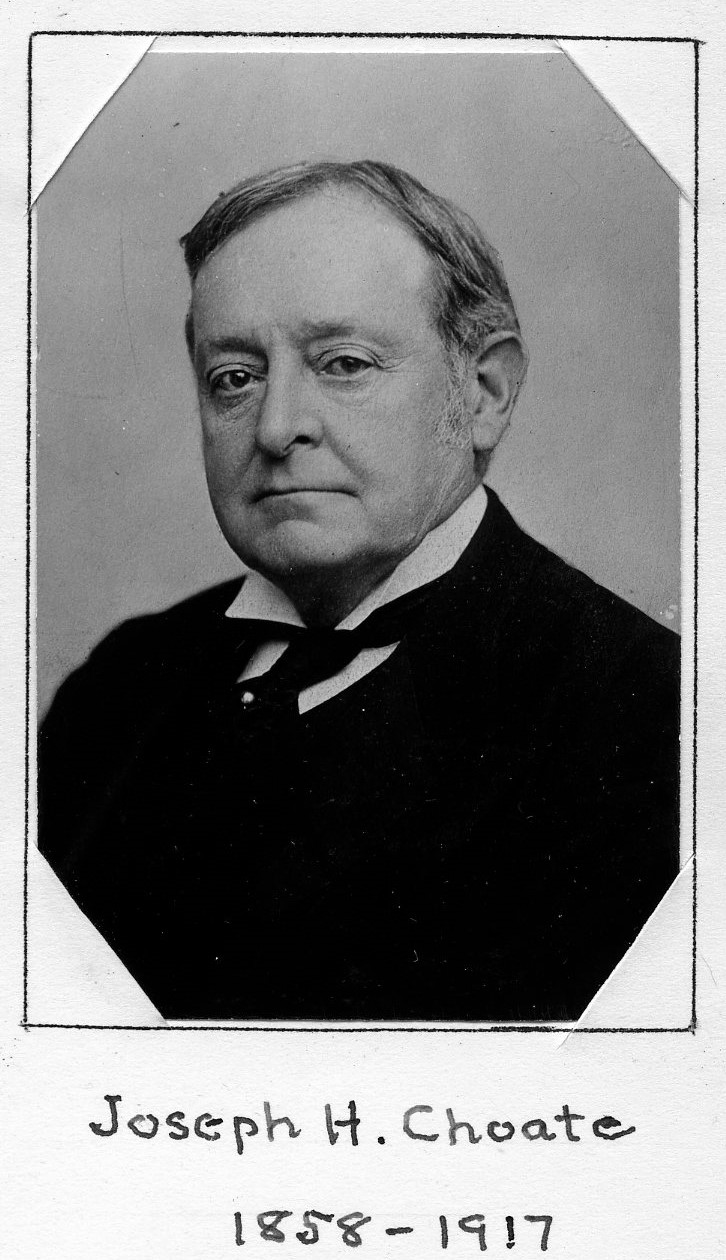 Joseph H. ChoateLawyer/DiplomatCenturion, 1858–1917
Joseph H. ChoateLawyer/DiplomatCenturion, 1858–1917 -
 Charles Coolidge HaightArchitectCenturion, 1873–1917
Charles Coolidge HaightArchitectCenturion, 1873–1917 -
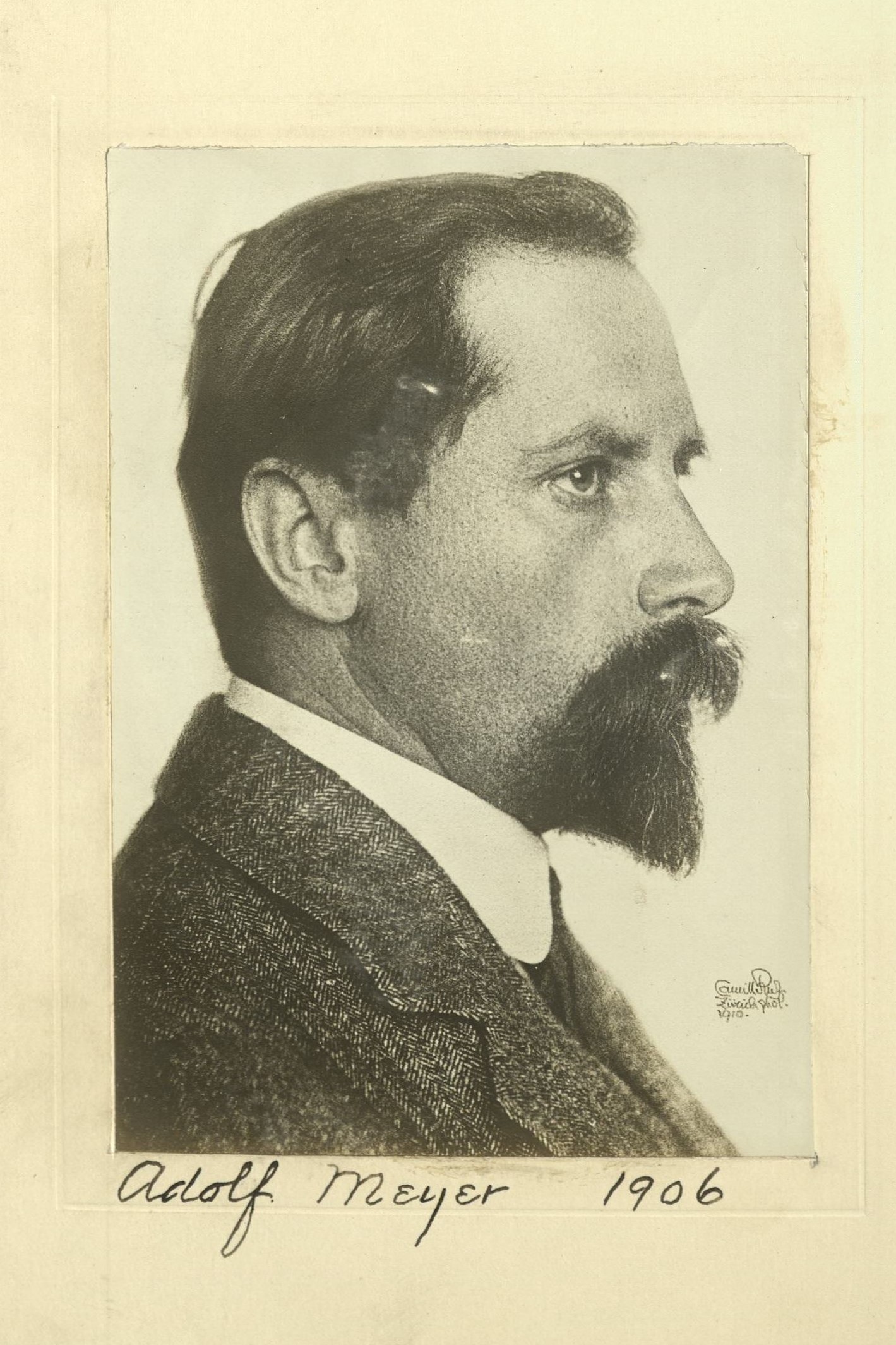 Adolf MeyerDirector, Pathological InstituteCenturion, 1906–1950
Adolf MeyerDirector, Pathological InstituteCenturion, 1906–1950 -
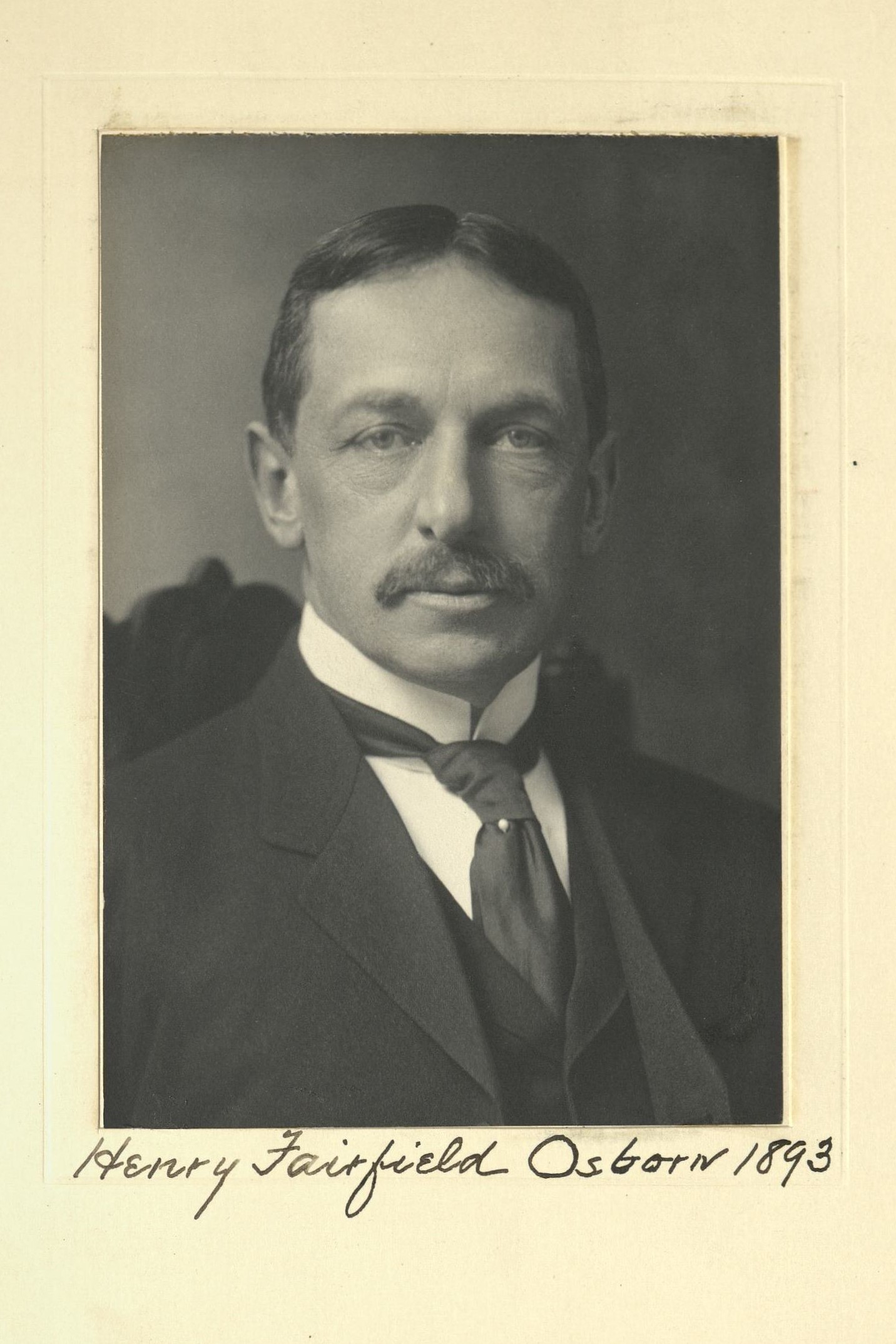 Henry Fairfield OsbornProfessor/PaleontologistCenturion, 1893–1932
Henry Fairfield OsbornProfessor/PaleontologistCenturion, 1893–1932 -
 William H. OsbornRailroad OfficialCenturion, 1854–1855
William H. OsbornRailroad OfficialCenturion, 1854–1855 -
 Alexander TisonLawyerCenturion, 1907–1938
Alexander TisonLawyerCenturion, 1907–1938 -
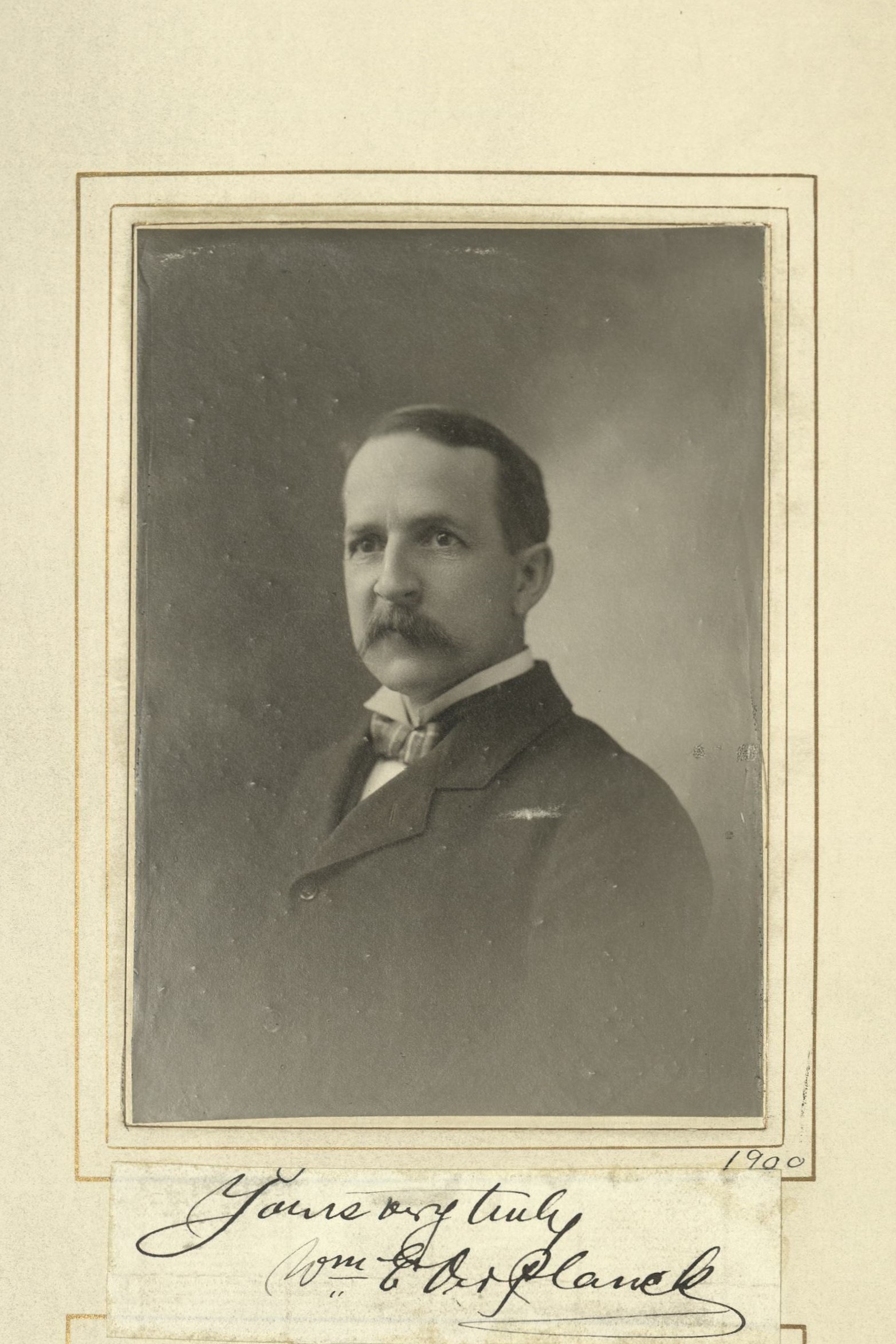 William E. VerplanckLawyerCenturion, 1900–1928
William E. VerplanckLawyerCenturion, 1900–1928





